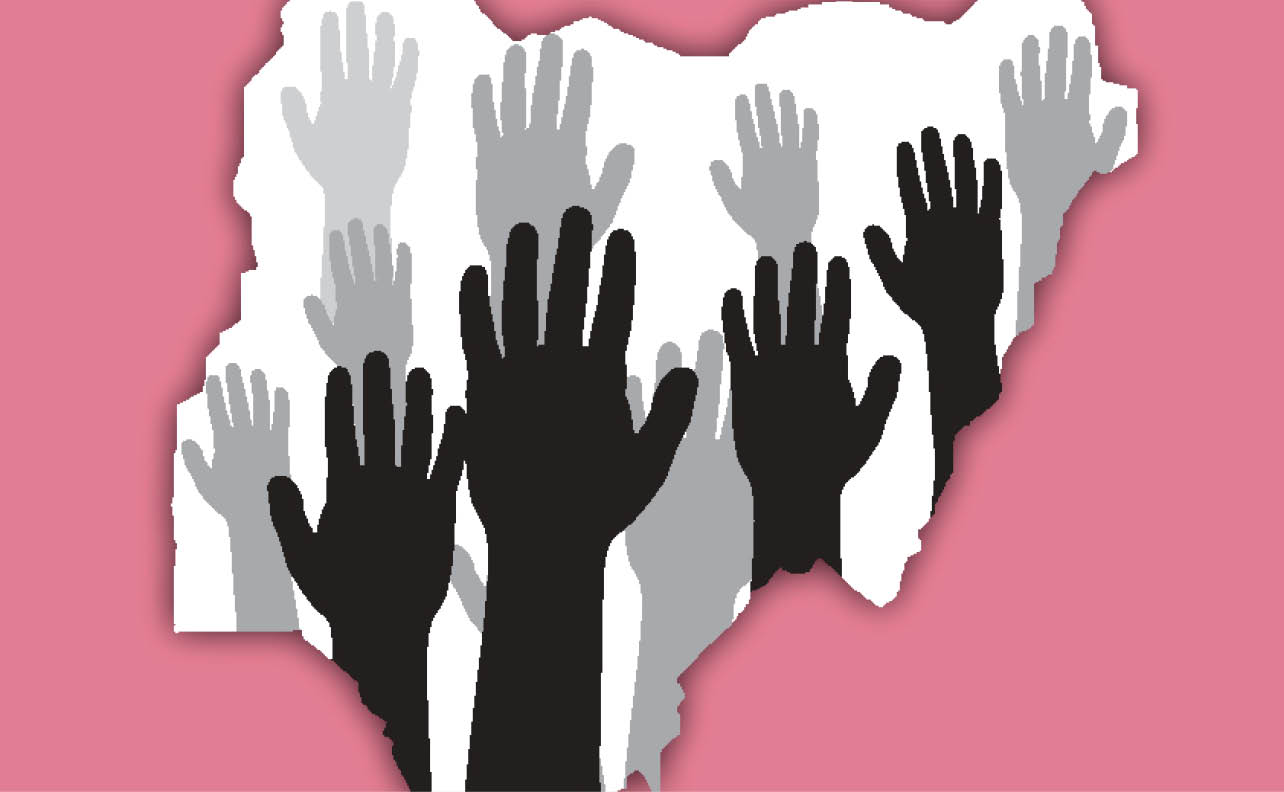One of the essential tenets of democracy is the existence of a viable and vibrant opposition, not only to checkmate the excesses of the government in power, but also to serve as government in waiting.
This underscores the fact that in a democracy, governments are deemed to be a continuum, representing the diverse and plural opinions and groups that make up a typical democratic state. Whereas the political party in power represents the dominant tendency at a given time, it cannot by any means be taken as representing the interest of the entire society. That is why the opposition, though not in power, is regarded as being part of government, in that, it seeks to and is legitimately recognised as the rallying point for those tendencies that differ in opinion from the political party in power.
Looking at the Nigerian political firmament, it is regrettable that no structured political opposition exists to play this role. What we have as opposition manifests largely during campaigns for political offices. And even at that, the difference in the political parties vying for offices is six and half a dozen. A political observer looking for differences in terms of views and ideas among the political parties will hardly see any. What the observer will likely see in terms of differences will perhaps be the resources available, and the geopolitical reach of the various parties.
And as soon as elections are over, the make-shift political arrangements built purposely for electioneering lose their relevance. The personalities that were prominent during the run-up to the elections soon melt either into political oblivion or quickly arrange to join the winning party mainly for personal reasons.
Having lost the elections for which they were largely primed, the losing party or parties ought then to play the proper role of principled opposition anchored on the need to check the excesses of the party in power. They are equally expected to provide an alternative platform for venting viable legitimate views and concerns of those groups that differ from the government in power. But that has not been the case with Nigeria.
The glaring absence of the opposition has been attributed to the lack of ideology in the political configuration and agenda of the political parties. This contrasts sharply from what was obtained in the first and second republics, where the political parties, though largely region-based, were nevertheless structured and operated along ideological lines. This accounted for why in those days the political parties, right from their followership to the leadership, stuck to their ideals and gave good account of themselves whether in power or in opposition.
But in our present political dispensation, more often than not, members of the opposition parties, whether in the National Assembly or not, often choose to go along with the policies of the government in power even as they claim to be at variance with it. For instance, there is no record of opposition parties going against the decision of the government to approve Sport Utility Vehicles (SUV) for all the members of the National Assembly, the opposition included, at the whopping cost of N160 million each, a development which drew condemnation across the country. This is what the opposition is expected to pick up and drive in the country.
Nigerians are thus concerned that against all the untoward happenings in the political and economic spheres, the opposition has remained largely ineffective. The political opposition should not consider itself as merely relevant for election purposes.
Nigerians would like to see the opposition constituting itself as a government in waiting with shadow ministers or spokespersons, taking on every area of government activity and intervention and providing alternative working solutions.
At no time is this role required of the opposition than the present when the country is undergoing serious political and economic challenges, with the government in power seemingly unable to convince Nigerians about its ability to resolve the issues. A structured and effective opposition, alive to its role and responsibility would be able to put the government on its toes. This is what is required to help deepen our democratic experience, thereby, giving Nigerians the confidence that our democracy is inclusive, and indeed working for the benefit of the people.
Accordingly, we call on the political opposition to put their houses in order and not allow internal wrangling to distract them from their role of checkmating the government in power. Daily Trust warns that this must be done with all sense of responsibility and fairness, not just for the sake of attacking the government. While criticising a policy, the opposition must also help with suggested options that would assist the government in addressing challenges affecting Nigerians. The criticism must not be self-serving so that Nigerians can take them seriously.

 Join Daily Trust WhatsApp Community For Quick Access To News and Happenings Around You.
Join Daily Trust WhatsApp Community For Quick Access To News and Happenings Around You.


